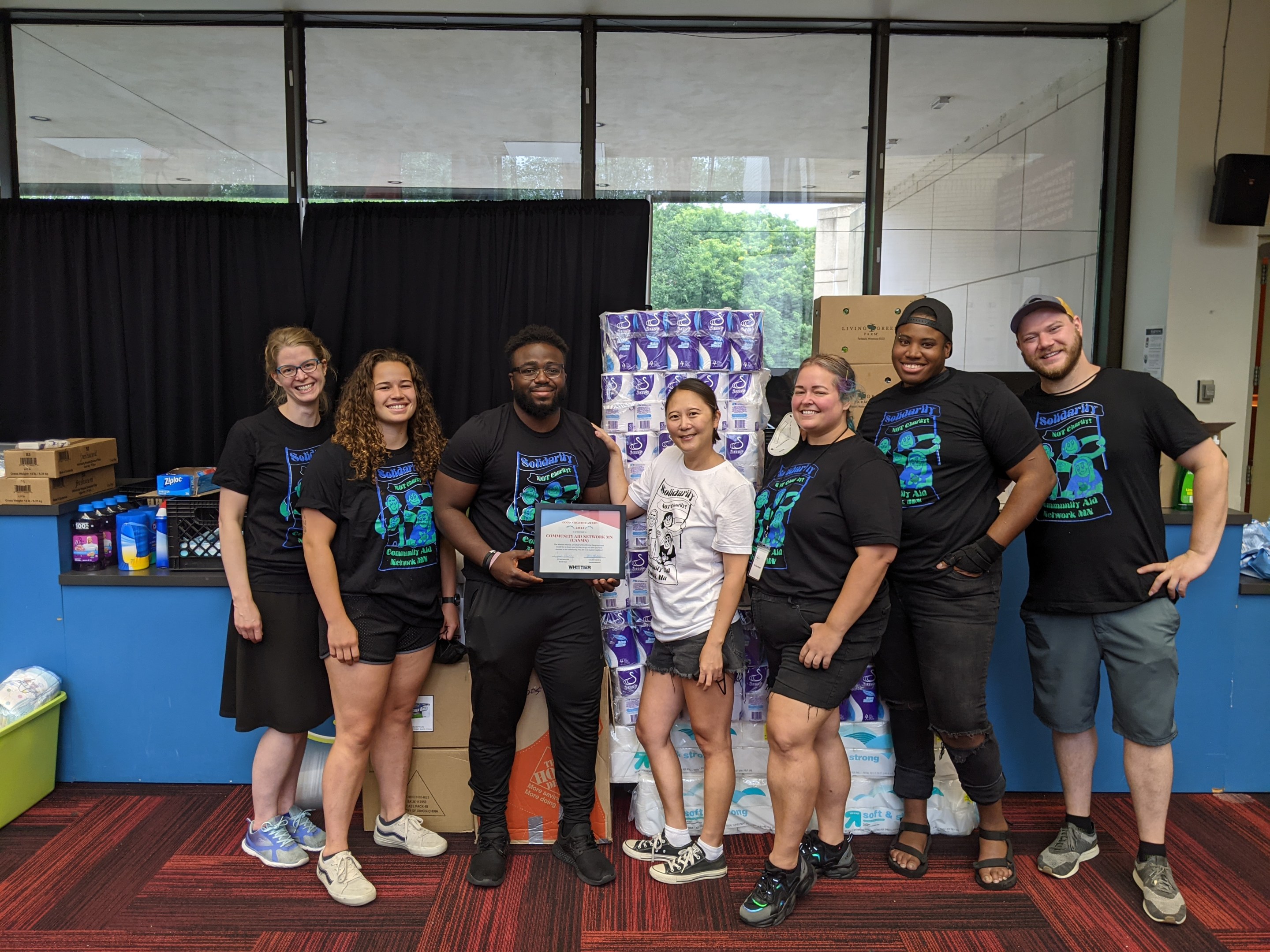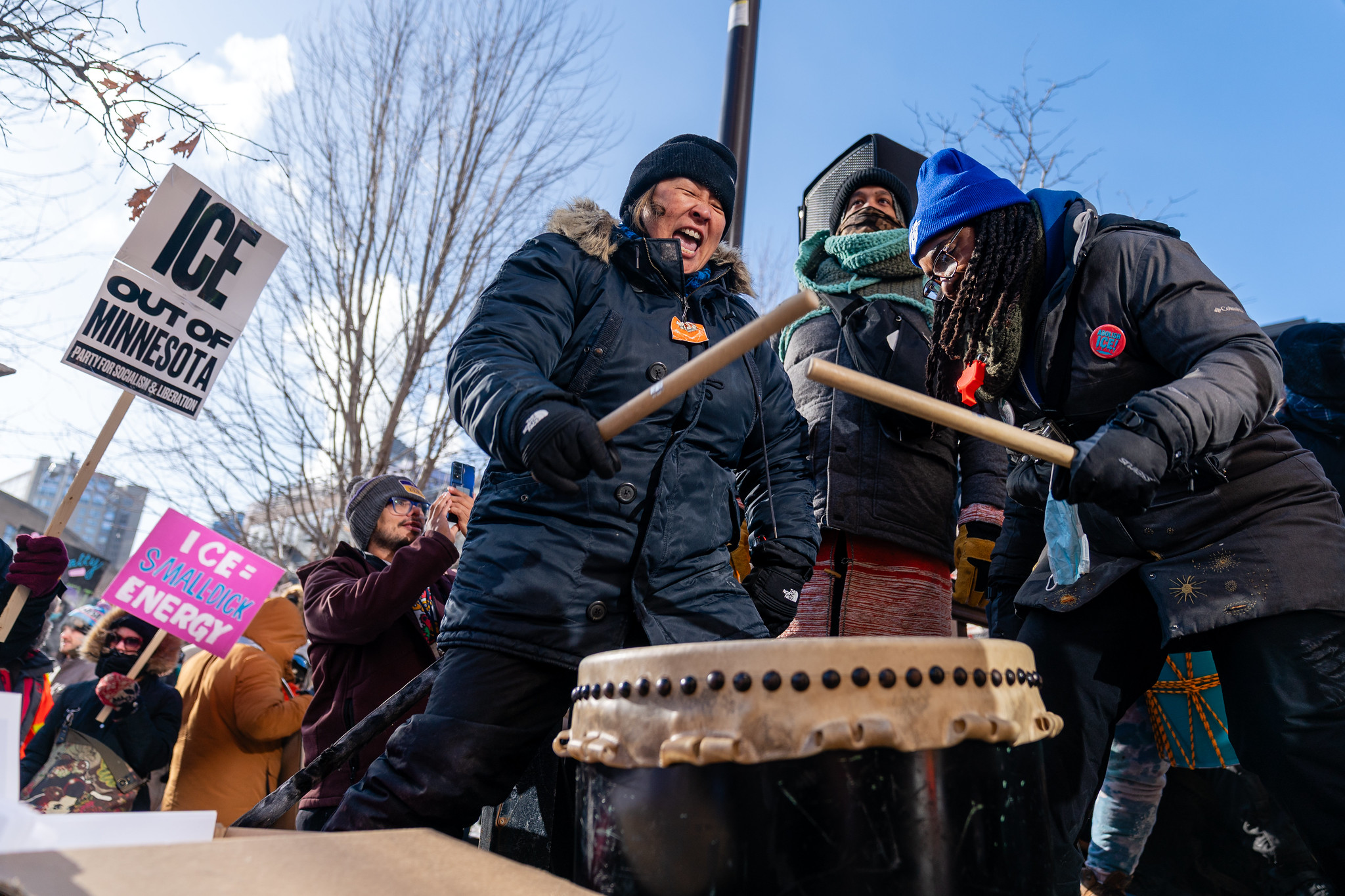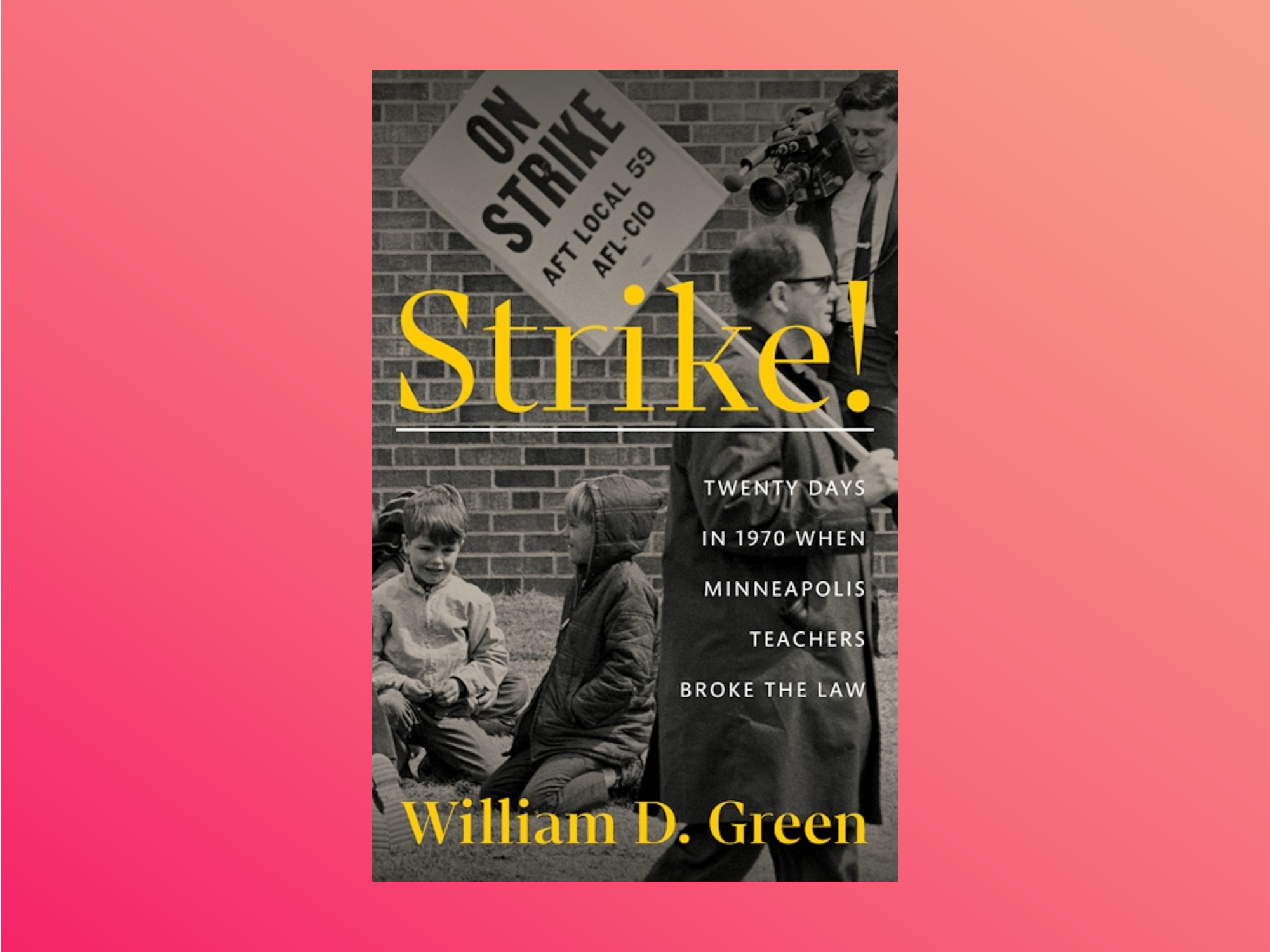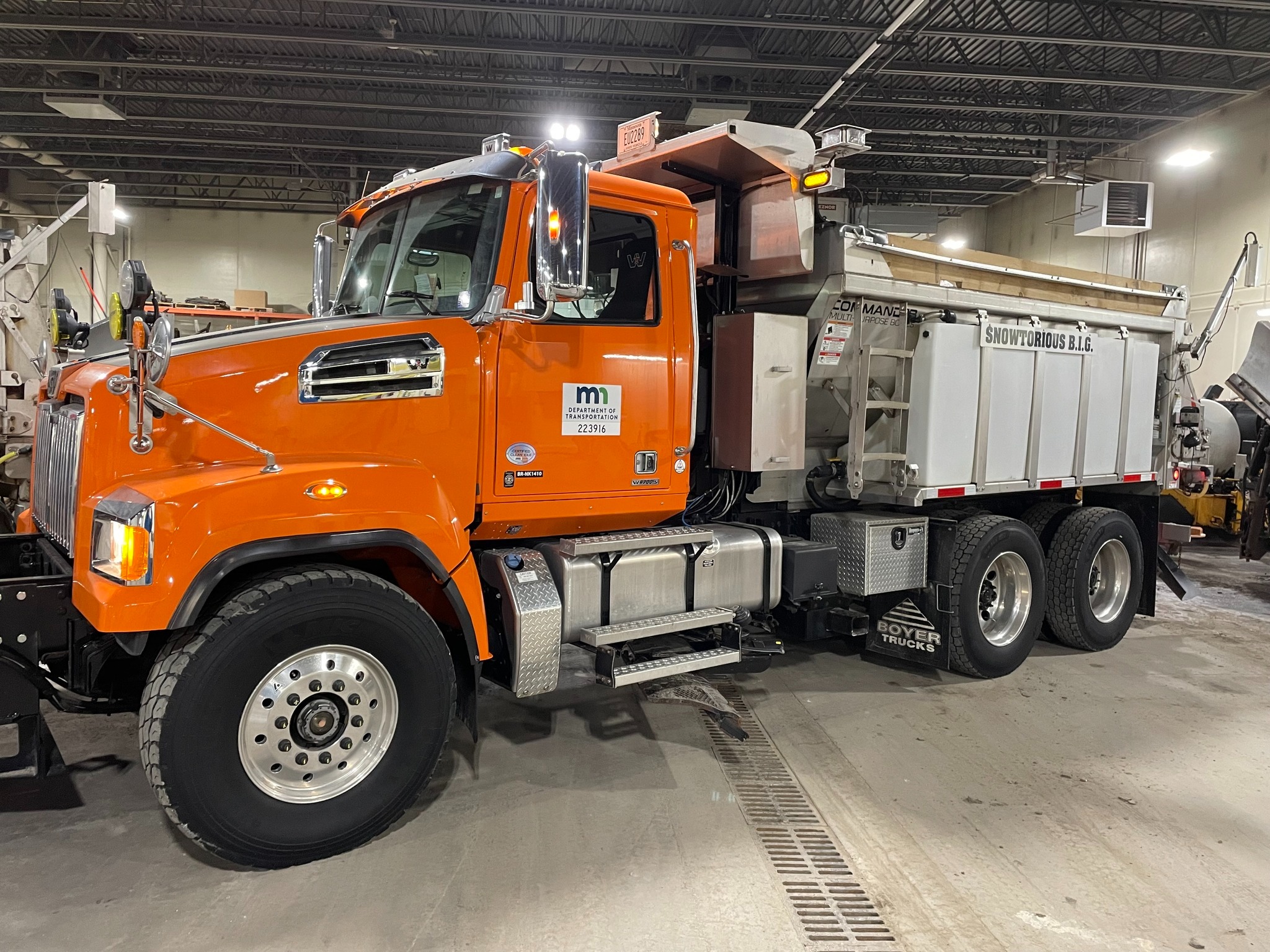In the wake of the uprising last year, mutual aid in the Twin Cities was a topic of conversation like never before. New grassroots organizations with an emphasis on solidarity, not charity, popped up across Minneapolis and St. Paul, feeding more and more people in a climate of increasing food insecurity throughout Minnesota.
(If you're not familiar with mutual aid, Civil Eats has a wonderful story on how these groups fed Minneapolis last year.)
Many of those new volunteer-led organizations moved into buildings that were unused due to COVID-19 closures. Now, as the city reopens and spaces are occupied again, some of those groups are on the move.
The Phillips Community Free Store, which started at the Grease Pit bike shop last spring before moving to Walker Community United Methodist Church, had its last week of distribution from the Phillips neighborhood church in mid-August. Community Aid Network MN, which has been based out of the Children's Theatre Company since October, is also looking for a new place for storage, prep, and distribution.
Flexibility is key for groups like CANMN, which formed in September 2020 as a coalition of volunteers from three different mutual aid distribution sites in Whittier. “We had all started doing this work in June during the height of the uprising, when so many stores were closed and lots of people were out of work due to COVID,” explains Kelly Petersen, one of CANMN’s lead volunteers.
Each of the three were operating out of temporary spaces, and at the end of the summer, they all found themselves without a building. A volunteer with a connection at CTC, which is located inside the Minneapolis Institute of Art, was able to get them into that space.
On the first distro day out of Mia, three families came through. This August, between in-person distribution and Saturday home delivery, they served almost 300 families a week.
"At first we did a shopping model and had people come in and choose what they wanted, but we switched to a drive up model in November due to coronavirus concerns," Petersen explains. "Over the winter, several talented CANMN volunteers created our website and an online ordering app so we could begin offering home delivery."
But now that the theater needs its space back for programming and shows this fall, CANMN is on the hunt for new digs. They're on a hiatus right now, and the hope is to move into a home as soon as possible so they can haul over and organize their inventory and figure out a new workflow for in-person distribution and delivery.
The Phillips Free Store is looking for a space that’s wheelchair accessible and near a bus line, on the first floor or has a large elevator, and that’s low rent, COVID-conscious, and spacious enough to assemble deliveries (so at least 24'x64'). They’ll need to use the space—ideally located in Phillips—at least twice a week, and would like to have bathrooms.
That list is similar for CANMN: They're hoping for a 1,600-square-foot space in Whittier, with electricity and on-site bathrooms, as well as heat and air conditioning. The location should be easily accessible by public transportation and have parking for folks who pick up orders on-site.
“One of the guiding principles behind our org is that access to aid should be barrier free,” says lead volunteer Jae Yates. Many of their visitors arrive on foot or via public transportation, so it’s important to have a pedestrian-friendly space with a bus stop nearby. But the pickup model has been convenient for people who have cars, which is why they’d also like to have ample parking.
“We have worked hard to listen to community members about how we can make getting supplies as easy as possible," Yates says, "so the needs list for the space is really focused on finding somewhere that enhances access in as many ways as possible.”
"We also feel that our own space can help us be a more sustainable fixture in the community," Petersen says. They're serving more people than ever, and their core volunteer leadership team has grown from six to about 10, with a base of non-lead volunteers of around 40 people who come in weekly or biweekly. "We’d be able to set more convenient hours, for example, as well as more easily modify our distribution model if necessary."
They've got their eyes on some vacant buildings in the area, including the Wedge Table, a space they'd looked at during their last search. The hope is to return in October, when they’ll need more volunteers, especially folks who represent the demographics they serve. "We want our work to be sustained by the community, and it’s clear this is a need that traditional nonprofits aren’t filling," Yates says.
To that end, you can reach out to their group on Facebook, Instagram, and Twitter, or email them at communityaidnetwork@gmail.com—whether you've got a lead on a new space or want to donate or volunteer. (Signal boosting stuff like this goes a long way!) The Phillips Community Free Store is accepting leads at phillipscommunityfreestore@gmail.com. Not located in south Minneapolis? The Twin Cities Mutual Aid Map is a great resource for people who want to get involved in other ways, across the Twin Cities.
“If we want to build something better we need the community to invest in us, be that with their time, finances, skills, or connections,” Yates says. “We want more people to get involved, so anyone is welcome whether they have experience doing mutual aid or not.”






